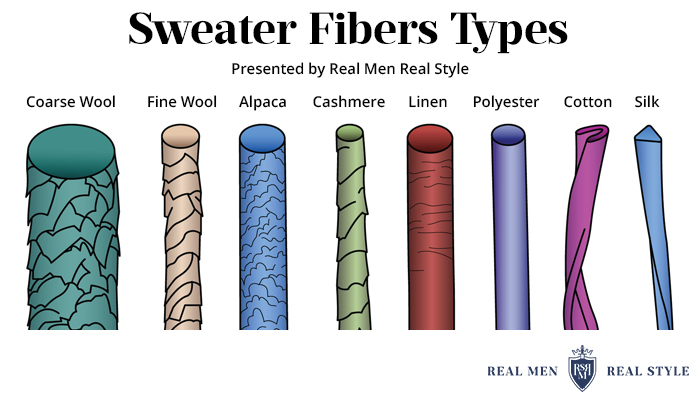Q: Do different types of fabric differ in terms of causing or retaining body odor?
A: Yes. There is evidence that some types of fabric tend to retain body odor more than others, even after washing.
BACKGROUND
- A group of researchers from the University of Alberta set out to examine the fascinating subject of body odor and fabric.
- They pointed out that certain odors can “stick” in fabric, such as tobacco and body odor. They wanted to know if there were differences in various types of fabric in terms of the way they retained odors.
- The researchers also noted that one way to remove the odor from clothing is to machine wash the clothing. But every now and then an item of clothing still retains an odor even after washing. They wanted to know why.
EXPERIMENT
The researchers picked out the two of the most common types of clothing fiber in the world: cotton and polyester.
Cotton is the most common natural fiber.

Polyester is the most common synthetic fiber.
The researchers wanted to ensure that their test fabrics (cotton vs. polyester) were treated as equally as possible. They did this with an unusual but cool method: creating t-shirts that were cotton on one side and polyester on the other.
That way, a person could wear one t-shirt and test two separate fabrics simultaneously!
Exercise Procedure:
- 10 healthy participants were chosen to test out the t-shirts.
- A pre-test ensured that these particular participants sweat sufficiently after exercise to qualify for the study.
- Each participant was given 2 shirts before exercising.
- One shirt had cotton on the left and polyester on the right.
- One shirt had polyester on the left and cotton on the right.
- This was intended to balance out the possibility that people sweat slightly more on one side or the other.
- Participants were asked to wear each shirt 2 times a week for an hour of exercise.
- Each shirt was worn 20 times total.
- Participants were asked to launder each shirt using the same fragrance-free and dye-free detergent.
- Then, participants all brought the shirts back for analysis.

Odor Rating Procedure:
- 17 raters were recruited to test the odor of each shirt sample.
- Fabric samples were taken from each half of each shirt and placed in bottles to ensure the odor stayed the same.
- The raters rated all the fabric samples on one day.
- Then, the fabric samples were washed and the raters rated them again the next day.
- The raters assessed the fabric on odor intensity. They were asked to take three small sniffs on each fabric sample and then indicate how intense the odor was. Then, they took a short break between fabric samples to smell distilled water to refresh their noses.
Microbiology Analysis:
- Fabric samples were also taken for a microbiological analysis to determine whether one type of fabric contained more bacteria than the other.
- The samples were cultured in two different ways and bacterial populations were counted.
Chemical Analysis:
- Fabric samples were also taken for a chemical analysis.
- The analysis was gas chromatology to determine the chemical makeup of the samples.
RESULTS
For the unwashed fabrics, 79.5% of raters said the polyester side of the shirt smelled worse than the cotton side (13.6%). 6.8% said there was no difference.
For the washed fabrics, 24.9% of raters said the polyester side of the shirt smelled worse than the cotton side (11.6%). 63.5% said there was no difference.
- Bacteria count:
- Fabric type did not have a significant effect on bacteria counts.
- Chemical analysis:
- The results were extremely complex, but the researchers found that polyester tended to retain the chemicals and acids that are most associated with body odor and unpleasant smells.

SUMMARY
- Polyester retained more intense body odor before the final washing, and polyester still retained more intense body odor after the final washing.
- Washing did reduce the odor for both fabric types.
- The difference was not due to bacteria, as bacteria count did not differ on both fabrics.
- The difference was probably due to the chemical traces left on the fabrics. Polyester retained the chemicals and acids associated with body odor.
THE BOTTOM LINE
- Polyester retains body odor, and keeps it even after the clothing is washed.
- This is one more reason why polyester is probably not the best choice when a person is expecting to sweat.
REFERENCE
McQueen, R. H., Harynuk, J. J., Wismer, W. V., Keelan, M., Xu, Y., & de la Mata, A. P. (2014). Axillary odour build-up in knit fabrics following multiple use cycles.









